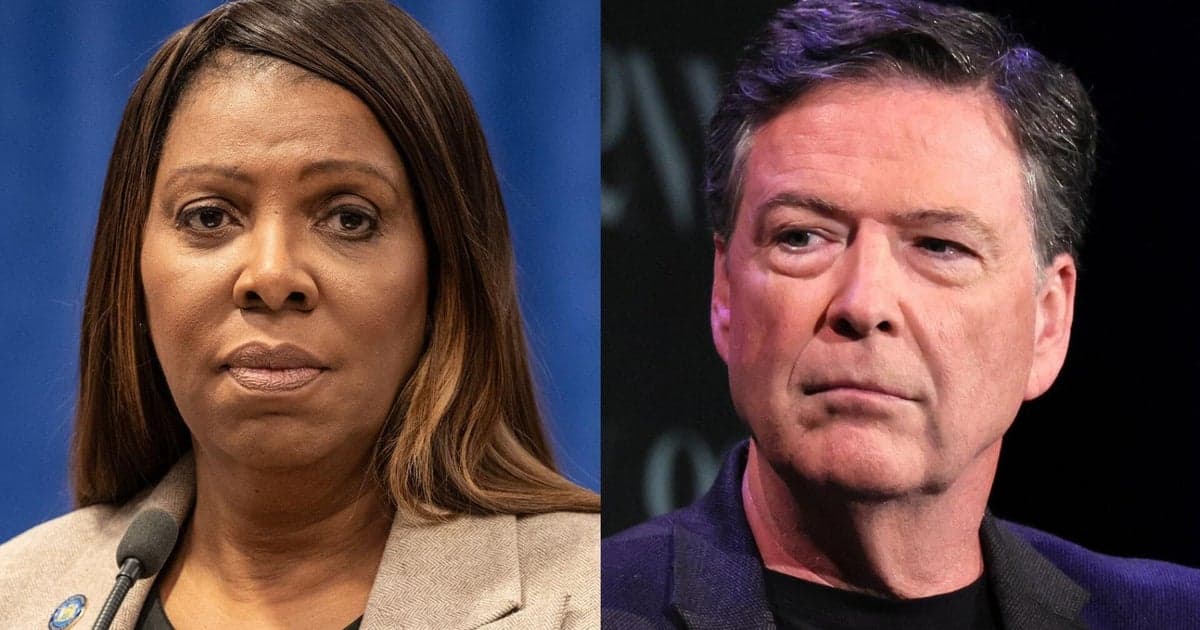Justice Department urges judge to reconsider unsealing Epstein grand jury materials
The Justice Department on November 24 asks a federal judge in Florida to revisit a prior decision that denied its request to release portions of grand jury materials connected to the Jeffrey Epstein investigation. The filing signals a clash between public demands for transparency, including a congressional deadline, and the department’s concerns about ongoing probes and protections for witnesses, a balance with wide implications for survivors and public trust.

The Department of Justice filed a motion on November 24 asking a federal judge in Florida to reconsider a prior decision that declined to unseal certain grand jury materials tied to the Jeffrey Epstein investigation. The filing acknowledges significant public interest in the files but says portions remain part of active investigations and involve sensitive grand jury information, and it urges the court to weigh whether limited release with appropriate redactions could address competing interests.
The request comes amid mounting pressure from lawmakers and advocates who want more of the Epstein record made public. Congressional leaders have set a deadline for additional disclosures, intensifying scrutiny over what prosecutors have kept sealed. The Justice Department framed its motion as an effort to balance transparency with obligations to protect the integrity of ongoing probes and the safety and privacy of witnesses.
How the court responds will determine whether more materials are released, and if so in what form. The department suggested that revisiting the unsealing question with redactions could satisfy demands for accountability while safeguarding details that could jeopardize active investigative work or put individuals at risk. The judge has not yet ruled on the motion and the timing of any decision remains uncertain.
Beyond the legal technicalities, the dispute highlights larger public health and social equity concerns tied to the Epstein case. Survivors of sexual exploitation and trafficking seek both accountability and privacy, and the timing and scope of disclosures can affect access to services, mental health care, and community support. Public release of documents can validate survivor accounts and prompt institutional reforms, but untethered disclosure of grand jury records risks exposing victims to renewed trauma and deterring cooperation in future investigations.
The case also raises questions about how the criminal justice system treats allegations involving powerful individuals, and whether current rules around grand jury secrecy serve or obstruct public oversight. Advocates for transparency argue that fuller disclosure is essential for public trust and for congressional oversight of prosecutorial decisions. Prosecutors counter that some secrecy is necessary to protect witnesses and preserve the ability to pursue additional leads.
Health systems and community based organizations that provide care for survivors could see practical effects from any release. Greater public scrutiny may drive increased demand for trauma informed services, legal aid, and long term mental health care, straining programs that are already under resourced in many communities. Marginalized survivors, who often face barriers to care, stand to be most affected by the pace and nature of disclosure.
As the court considers the Justice Department’s motion, the outcome will shape not only the public record of a high profile investigation but also broader debates about transparency, survivor protection, and institutional accountability. The decision will ripple across legal, public health, and policy arenas as communities, lawmakers, and service providers assess what greater or more limited disclosure means for justice and for healing.


